Computer Soul Engineers: Application of Artificial Intelligence
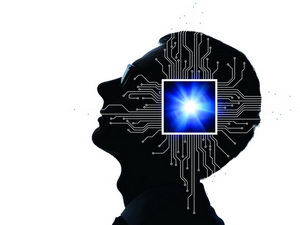
Artificial Intelligence (AI) technology has already relieved people from daily routine in many activity areas. Moreover, it is impossible to imagine our future without the AI. It is fully understood in MAI. Over recent years, the university has been working in this field.
Moscow Aviation Institute chose its mission to train human resources for a digital economy. One of the highest priorities was the formation of university’s own scientific schools, which focus on different aspects of information technologies and the AI in particular. These trends are set by a global technological progress. “Artificial Intelligence is the future not only for Russia, but for all mankind. Whoever becomes the leader in this sphere, will be the ruler of the world”, - said Russian President Vladimir Putin in 2017.
IT-centre was established in MAI year and a half ago and its task was to combine all efforts under one roof. Maria Bulakina, Head of IT-centre, told the “Cloud” that the main priority now is the formation of an AI laboratory: development of competences, personnel search and training, orders fulfilment. Cooperation with Sberbank, Ivannikov Institute for System Programming of the Russian Academy of Science as well as with a number of well-known companies such as Avito, Ivi, Ozon, HeadHunter, Rightech, Samsung, CROC, Diasoft, Sibintec, Bosh, Rexroth, Rightech, Phigitalism, ect., has already been established in educational and R&D areas.
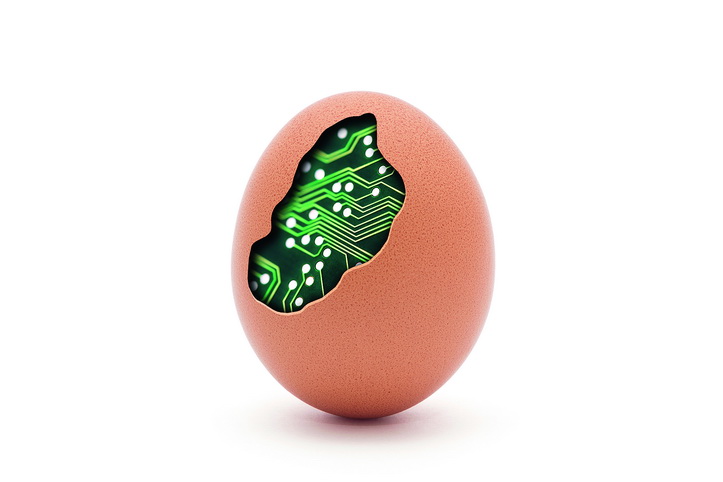
The internal audit of the university’s capabilities showed that there are several strong areas in MAI, the development of which in the field of AI can be used in various sectors of the Russian economy.
“MAI gives people not only an engineering education, but also a theoretical training in mathematics, algorithmization and computational methods,” – says Maria Bulakina. – “And the combined effort of these components makes MAI students unique experts.”
Development in the field of AI involves more than one university department. For example, at the Faculty №8 “Information Technologies and Applied Mathematics” such job is done by Computational Mathematics and Programming Department. According to the Dean of the Faculty, Sergey Krylov, developments in analysing Big Data and machine learning, including the usage of artificial neural networks, are occurring.
“We are constantly renewing our training courses by adding modern knowledge and skills of working with current technologies, we present professional development and new Master’s degree programmes,” – Sergey Krylov told the “Cloud”. – “World will enhance the development of digital technologies for medical, transport and financial systems in the years ahead. Therefore, it is very important to emphasize the application of the AI while training modern IT-specialists.”
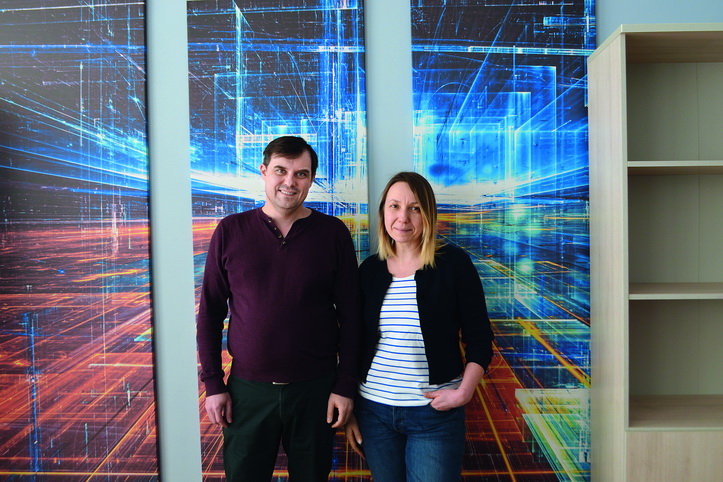
At the Institute №3 “Control Systems, Informatics and Power Engineering” researches are being held by the Department “Computing Machinery, Systems and Networks” along with the Department “Automatic and Intelligent Control Systems”. In addition to this, the work is proceeding at the Department 106 “Dynamics and Flight Control of Manned Aircraft” of the Faculty №1 “Aircraft Engineering” and the Department 704 “Information and Control Complexes” of the Faculty №7 “Robotic and Intelligent Systems”.
The leaders of the scientific schools tell about what kind of AI technologies are being developed in the university and what their future is.
Dmitry Soshnikov, Associate Professor of Department “Computational Mathematics and Programming", Faculty №8
Currently, the AI research focuses on the field of machine learning and neural networks, since computer power and large data volumes allow us to get interesting practical results. One of the examples – intellectual pillow robot created by our developers in conjunction with Mechanium company. It is able to distinguish gender, age and emotions of interlocutors and maintain a dialogue with them using its own knowledge base. Another one – a chatbot to support the educational process, which tracks the attendance by a photo of classroom and automates several other academic activities.
Virtual and augmented reality (VR/AR) is another trend that will develop rapidly. We noticed that there are many projects in which applying AI and VR/AR together makes a lot of sense – surrounding reality assessment, and visualization of neural network training, and various areas of digital art. We decided to combine both of these areas for our Master’s degree program giving students the opportunity to work on projects at the interface of this interesting technology. Ultimately, we get universal experts, who will be ready to create VR/AR solutions, develop games, to work with data and the AI. This set of skills is unique in the market.

Today, many problems in the field of software development are solved with the AI and machine learning methods, and all developers must know this technology. MAI trains very good specialists, but the curriculum in the AI disciplines becomes outdated very quickly. New ideas and researches appear every year, so it is necessary to keep educational courses updated. Within the framework of the MAI Master’s program, lectures and classes are conducted not only by teachers from the academic environment, but also by workers of IT companies who apply AI and VR/AR-technologies in their work. This allows us to train specialists who are not detached from the reality and naturally update the program to the requirements of the industry.
In general, the artificial intelligence is all about an assignment to a computer of difficult “human” tasks. Yes, we are depriving ourselves of “simple” work, it is a challenge to our creative abilities. But the process has already started and business that sees AI’s opportunities will invest significant resources in this direction. To engage in the AI is also to explore the nature of human intelligence. By designing even more intelligent systems, we may get closer to understanding how human and his mind work.
AI technologies will develop rapidly. Back in 2012, machine vision systems couldn’t confidently tell if there is a dog or a cat on the photo. Today, computers are catching up with the people in both computer vision and speech recognition.
Denis Mikhaylin, Associate Professor of Department “Automatic and Intelligent Control Systems”, Institute №3
My area of interests is unmanned aerial vehicle (UAV) control systems. I take part in the works on the application of artificial intelligence in modern UAV control systems. In particular, we used a modification of a well-proven genetic algorithm when solving the problems of the UAV flight planning. In solving the problems of classification of various flight situations, where it is necessary to use expert systems to out the clues to UAV control operators, high-speed neural networks are actively used. In addition, the fuzzy logic algorithm is effectively applied in the same expert systems to help UAV control operators.
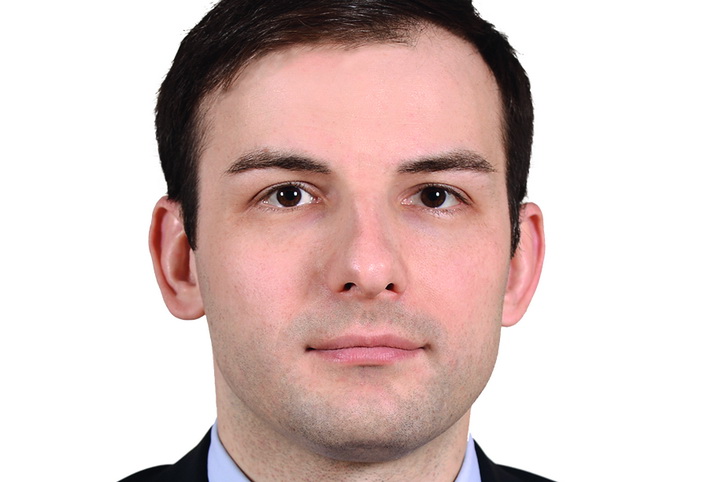
Robotics is a very promising and science-consuming direction: many new solutions are firstly tested on unmanned vehicles and then introduced into other technical systems. The trend for the common use of robots is not surprising. Due to the development of algorithms for information processing and controlling, a lot of people, even small teams, are able to solve complex problems in robotics, and staff of our Department successfully develops intelligent control systems for flying robots.
The aviation industry sets many tasks for us. The university is actively cooperating with leading aviation companies and research institutes of the country. New solutions are introduced into products, the results of scientific research are published in high-ranking magazines, monographs and study guides, which we promptly integrate into the educational process. This allows us to maintain a high level of training for our students.
In the near future, the UAV will be integrated into the common airspace, and the use of control systems with elements of the AI should accelerate this process.
Vladimir Sudakov, Professor of the Department “Computing Machines, Systems and Networks”, Institute №3
We are developing decision support systems. These systems help administration to make decisions in complex multi-criteria tasks such as scheduling, parametric and structural optimization of models of large technical and organizational systems, choosing rational strategy of development, and generally any task that involves decision-making. Our customers are enterprises of State Corporation Roscosmos (Central Research Institute for Machine Building TsNIIMash, JSC “Russian Space Systems”, the Russian Space Forces), scientific organizations in aviation industry (The National Research Centre “Zhukovsky Institute”, JSC Sukhoi Company) and others.

I had to deal with the development of applied solutions for business quite a lot, involving talented students and graduates of different universities: Moscow Institute of Physics and Technology (MIPT), Moscow Aviation Institute (MAI), Bauman Moscow State Technical University. I must admit that MAI graduates have unique qualities that I have not seen in graduates of other universities. It is the desire to understand customer’s point of view, ability to negotiate, good communication skills, systematic thinking, ability to find an unconventional solution and go beyond the accepted paradigms.
In the next two or three years, I think it is necessary to create a new hybrid approach that will combine deep learning of Big Data, objective models and fuzzy expert judgements. Besides, in the coming years I anticipate developing an open portal of web-based decision support services, which will allow programmers without advanced mathematical training to use AI algorithms in solution to their applied problems.
Vladimir Zhidkov, Associate Professor of the Department “Information and Control Complexes”, Faculty №7
The faculty is engaged in research and development in the field of application of tools and methods of the AI in control systems for the UAV, the use of computer vision for solving problems of control and navigation of the UAV, swarm intelligence applied to large arrays of miniature UAV and other issues somehow related to the AI.
One of the interesting and promising directions of research is robotics systems, which behaviour is determined by psycho-emotional state of the person with whom the system communicates.
Regarding to aviation, the essence of the problem is as follows: in critical situations and conditions of lack of time for making a decision, the pilot is often unable to correctly analyse all available information. In such situations, he uses the help of electronic device, which by processing information from various sensors and systems, and tells the pilot a summarized result or displays a hint about recommended actions. Such electronic assistant can give many recommendations for actions in difficult or critical situations. But not always these tips can be “heard” and executed by the pilot.
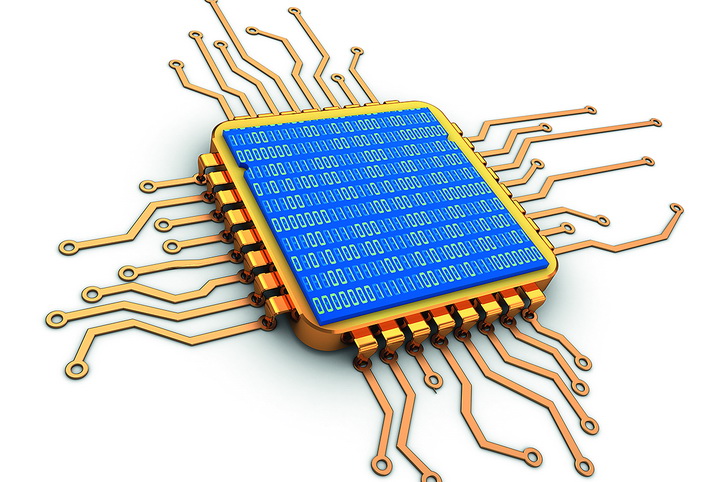
Therefore, there is a need to create a system that can adapt to the current emotional state of a particular pilot. The system should simulate a qualified co-pilot and be able to determine the emotional state of the pilot and his reaction to tips by watching his behaviour in different situations. Implementation of such systems involves the use of learning and self-learning mechanisms, artificial neural networks, fuzzy and neuro-fuzzy algorithms.
Adaptation systems are applicable to all robots that need to communicate with people: the ability to understand a psychophysical state and human emotions will allow us to create really friendly and tactful robots for everyday communication and human assistance as well as for carrying out the variety of functions. Such technologies have been developing for a long time, but rather slowly. However, today, due to the rapid development of robotics, the growth of computer performance, the development of neural network tools for image and speech analysis, they received a new boost. In nearest years, we should expect the emergence of the sufficiently advanced robots that will be able to understand human emotions and consider it when planning their behaviour.
Yury Tyumentsev, Professor of the Department “Dynamics and Flight Control of Manned Aircraft”, Faculty №7
Among the most serious problems of aviation technology, the creation of robotic unmanned aerial vehicles with high degree of autonomy is the most important. In this case, we are talking about "smart" autonomy, in which the UAV is able to independently adapt to a dynamically changing situation characterized by a high level of uncertainty.
We can solve these problems successfully by embedding advanced mechanisms into the control system of the behavior of the UAV, which allow this system to adapt to the situation as well learn, extract experience and knowledge from the activities performed.
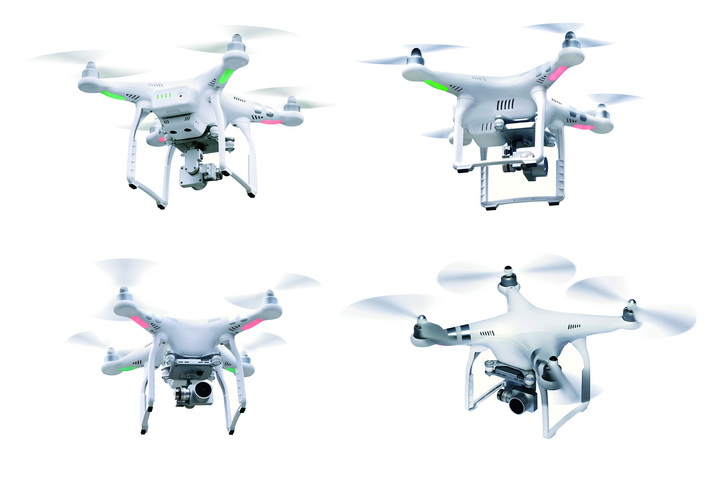
The most suitable tool for this is the complex of methods and means that modern artificial intelligence has. Its core is machine learning. Our department is engaged in this area. These are neural network technologies, including deep learning methods, as well as technology based on reinforcement learning.
For the development of the university the results of our research are useful doubly. Firstly, they allow us to raise the quality of teaching disciplines to the most modern level, so that our graduates are ready to use the appropriate methods and means when they come to production. Secondly, the obtained scientific and technical background and experience allow further to make research and development in the interests of industry.
Machine learning in the last five to seven years is developing very fast. We are seeing literally explosive growth in the quantity and quality of work in this area; many applied problems are being solved, including in the field of aviation technology. New ideas, solution methods, tools, etc. are constantly appearing and being introduced into the scientific and technological revolution. This trend for the next few years will continue in the development of the AI, and in terms of the use of AI for solving applied problems.